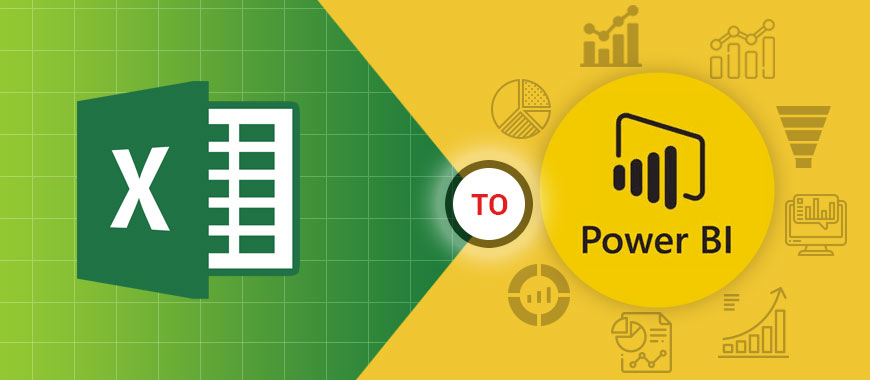
Is your business still reporting on Excel? It’s time to outgrow!
As a property manager, helping your business scale profitably is your number one goal. To empower your expansion plans and seize market opportunities in the nick of time, you need to make real-time decisions, often on the go. The accuracy of these decisions depend on how readily relevant data is available for analysis and interpretation. Given the turbulent marketplace, this can be a challenging task, even with advanced technologies at your disposal.
So, if you are stuck with basic tools, like Excel, it could turn out to be a nightmare!
I’ve seen this happen one too many times in the business. Property managers need clear visibility into multiple operational facets or dimensions – assets, vendors, budgets, service tickets, and so on. Most of the time, data availability is a problem, and when data is available, it is too complex or too unstructured to extract any relevant or competitive intelligence from it.
With nearly 300,000 competitors in this 76-billion-dollar industry, is your dependency on Excel getting in the way of your market performance?
Microsoft Excel vs Power BI
Coming from Microsoft, Power BI and Excel are not mutually exclusive. You can interlink your Excel data to Power BI to generate powerful visuals, like charts and graphs, from multiple sources. You’ll find that Power BI excels over MS Excel in a lot of ways, and that its graphical and analytical capabilities are a league apart.
1) Ease of use
For an unfamiliar user, Excel can be difficult to manoeuvre. A simple and intuitive analytical tool, Power BI is meant for users across the board to seek and extract authorized insights from multiple data sources. It can connect to a range of sources including big data, Excel, cloud, different database types and more.
2) Visualization and advanced analytics
Power BI gives you the ability to build and share powerful graphical representations and dashboards that make data assimilation and interpretation easy. You can discover new patterns and make instant connections using insights tucked away under layers and layers of data.
3) Interaction
The natural language processing capabilities of Power BI helps you get instant answers to your queries and even follow-up questions! Any user can draw up information that is relevant to him or her in a way that is easily comprehensible to them. Cross-filter capabilities lend new perspectives to every scenario and makes understanding of complex data models easy.
4) Real-time, flexible reporting
Get up-to-date information when you want, where you want it. Power BI allows you to refresh your data as often as you wish with a simple click. Share your dashboard with large groups of people, and allow them to interpret and interact at will.
5) Row level security
Power BI offers the ability to restrict data access to specific users based on their roles. This not only keeps privileged information privileged, but is also one of the ways to uphold version control and avoid data tampering.
6) Mobility
A property manager is always on the move, and having the right information at hand always is of high importance. Mobility is one of Power BI’s many stand-out features, and why it is the solution of choice of many property managers across the US.
From power to powerhouse
Custom developments for Power BI from BeetleRim
For years now, our teams at BeetleRim have been helping property managers in the US get the best of Power BI. One of the ways we do this is by building visualizations on top of the data store, with fine-grained drill-down reports.
Drill-down reports are a great way to draw attention to key problem areas between multiple dimensions. For example, property managers can easily foresee the outcomes when two OR more dimensions are changed simultaneously.
These enhanced visualizations help property managers get the insights that matter most to them in a simple, fast and convenient way.
If you’re interested to know how Power BI can help your property management business,
write to me at info@beetlerim.com

